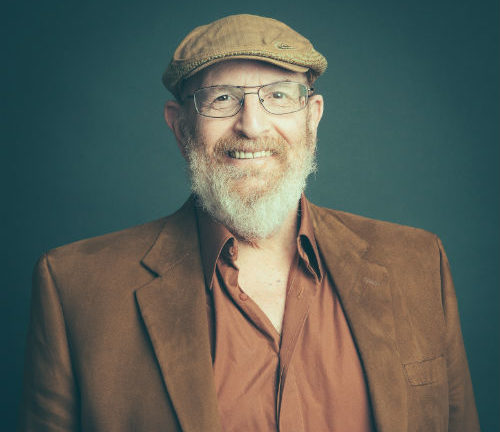This week’s Torah portion is Yitro, named for Moses’s father-in-law, a non-Jew. It is in this parashah that we receive the Ten Commandments and make our covenant with God. So, how could the Rabbis have decided to name such an important parashah after a gentile?
In today’s climate of polarization, it is more important than ever to hear the call of our Sages of old. This call, I believe, is the call to see and hear all people as Divine Reminders, Divine Images, and Divine Needs. So many of us forget that God placed us here to tend God’s garden and to care for each other and all of God’s creations. We are God’s angels, messengers, and representatives. Jethro, Moses’s father-in-law, is a kohen, a priest, and, like all clergy, he is called to teach and live in concert and covenant with God.
Jethro begins by bringing Moses’s wife and children to Moses without his ever being asked. The teaching here is that family matters. We cannot get so tied up with, and in, our work – even work for God – that we forget about caring and tending to the needs of our families. As a Rabbi, CEO, Spiritual Counselor, person living in recovery, etc., it is easy for me to get “too busy” to tend to my wife, daughter, and friends. Jethro is teaching us “NO, you cannot do this.” Don’t take yourself and your work so seriously that you forget about the people who need you, who support you, and whom you also need. We see this happening in our world all the time. Our society has created systems where we have men who essentially leave their wives and children while still living with them; so often in my work, I hear from families that their fathers and/or husbands are so busy in their careers that they can never get any attention from them. More and more frequently, I am also finding this to be the case with mothers and wives, also losing themselves in their work. We have children who don’t interact with anyone actually in front of them because every communication is done by text, email, or via social media platforms. We live in a world where women are forced to defend themselves whether they choose to work or stay at home to raise children. We cut off family members simply because of their sexual identities. All of these examples fly in the face of Jethro’s actions in this parashah. And he isn’t even a Jew!
In this parashah, Jethro sees Moses sitting and passing judgment on the questions brought to him by the Israelites. Jethro is aghast; he tells Moses that it is not okay to treat the people like this. How were the people being treated? By being made to wait all day for an answer to a question that could be given by people other than Moses, they were not given the respect they deserved. Moses was setting himself up as the be-all and end-all. I still see this happening in the political discourse going on right now. The rhetoric is all about making hard and fast rules from the top down, not about allowing people to discern what the next right action is in each individual situation that they encounter. This rhetoric about immigrants and “others” in today’s world is the antithesis of Jethro’s teaching and God’s call. While immigrants and “others” may not be family, they are part of this world; we are taught to care for the widow, the poor, the orphan, and the stranger. We must heed the ways of Jethro and Torah so that all people know that they matter. Every person is important and each of us is a precious gem of God’s; we need to treat ourselves, and each other, in this manner. None of us are so right and righteous that we can forget about the people who need us, depend on us, and support us.
Why should we listen to the goy? Because Jethro’s way, God’s way, is to learn from everyone, to see the Divine in everyone, and to draw everyone close, remembering we are all one family under God’s care.
Ordained in 2000 at the University of Judaism, Rabbi Mark Borovitz serves as Senior Rabbi and CEO of Beit T’Shuvah, a residential addiction treatment center and educational institution in West Los Angeles. He is commited to the idea that for everyone, especially addicts, feeling that “you matter” and “you belong” in a community are at the heart of recovery, not just from active addiction but the recovery of your own holy soul.

